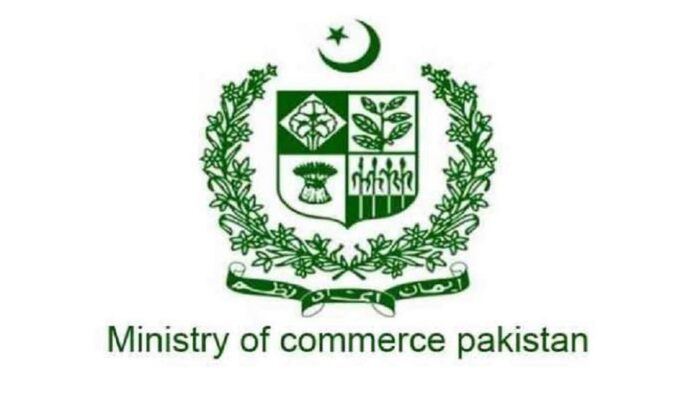ISLAMABAD: As the country’s trade and current account deficits (CAD) widen due to increasing imports, the Ministry of Commerce has started reviewing overall imports in collaboration with State Bank of Pakistan (SBP).
According to official sources, a meeting in this regard was held at the ministry on Friday to discuss imports during the current financial year (FY22) and their impact on trade and CAD.
The meeting which was chaired by Advisor to the Prime Minister on Commerce and Investment, Abdul Razak Dawood, was also attended by officials from the ministry and SBP.
It was informed that the concerned ministry was keeping a close eye on imports so that timely interventions can be made.
Insiders claim that the ministry, after consultation with other stakeholders, may take measures to curb imports due to their adverse impact on the country’s reserves and causing devaluation of the local currency.
However, the ministry’s officials claim that imports of non-energy items were decreasing.
It was also informed that during the period Jul-Oct 2021 (4MFY22), imports increased by 64 per cent to $ 24.99 million as compared to $15.19 billion during the corresponding period last fiscal. In absolute terms, the net increase in imports over the period under review totals $9.801 billion.
A detailed analysis revealed that around 40 per cent of this increase was in investment-driven imports including raw material and intermediate goods. Officials claimed that the increase in these imports was a good thing as it indicates that industrial activity in the country was picking up.
“The increase in the import of capital goods, including machinery, was indicative of industrial expansion, upgradation, and setting up of new industries. In the long run, these imports are very important for economic growth and job creation,” the meeting was told.
About the remaining 60 per cent of imports, it was informed that they mainly consist of 34 per cent energy petroleum, coal & gas, 11 per cent vaccines, 8 per cent food, 2 per cent consumer goods and 5 per cent all others. These imports are mostly inelastic in nature.
MoC officials also claimed that Pakistan’s non-energy import bill has decreased by 12.5 per cent in October 2021, a decrease of $624 million, compared to September 2021.
They further informed that in terms of month-on-month (MoM) growth, non-energy imports have been on the decline during 4MFY22. “This is a welcome trend which bodes well for the trade deficit and the CAD,” they said.
Sources say that keeping in view the current account situation and the flight of dollars, the concerned ministries and institutions have been directed to take measures to curb imports of non-essential imports.
























